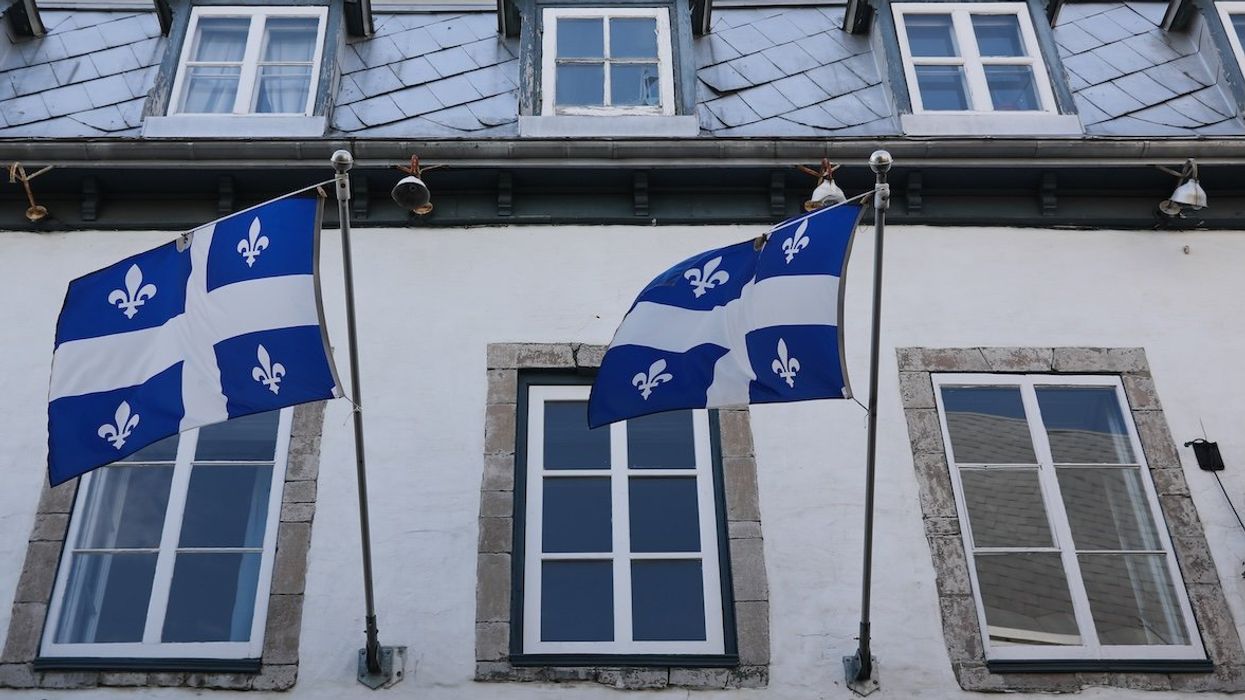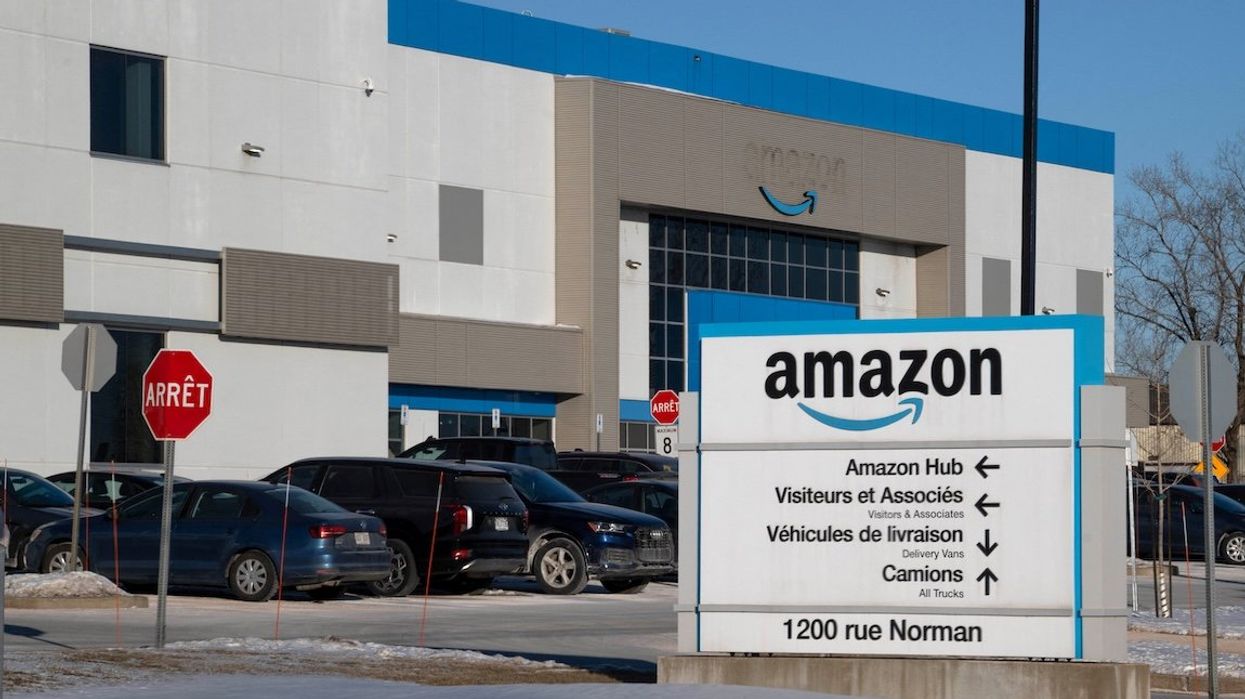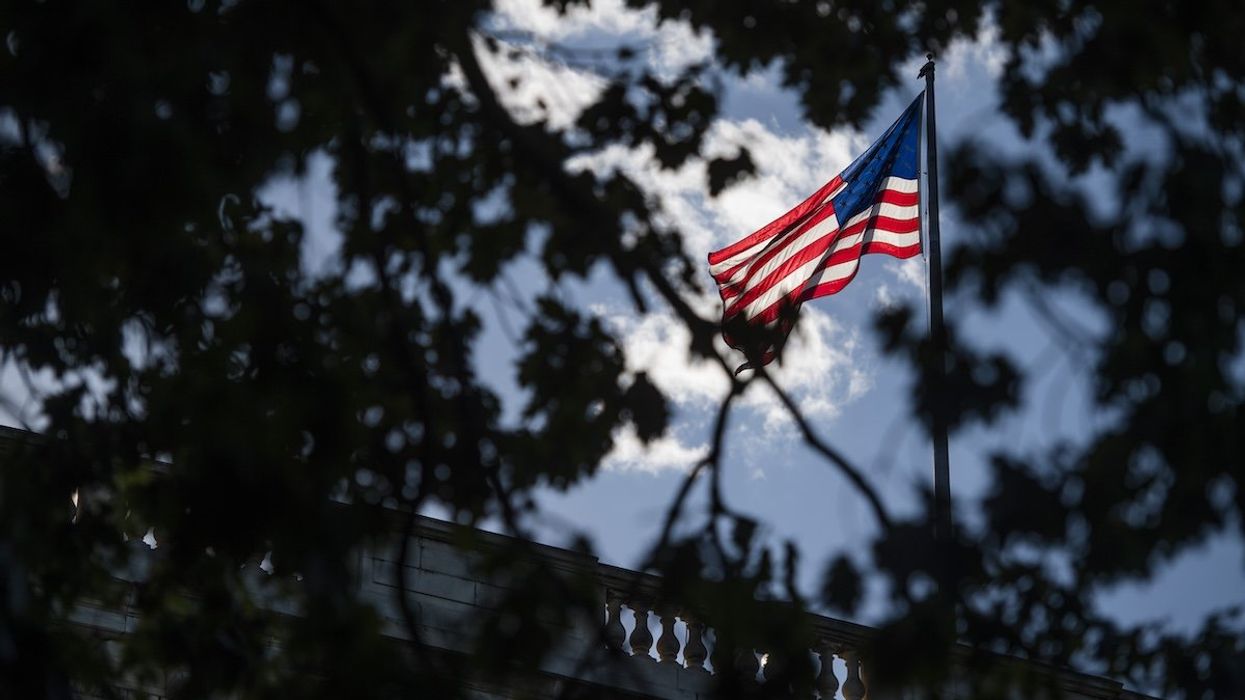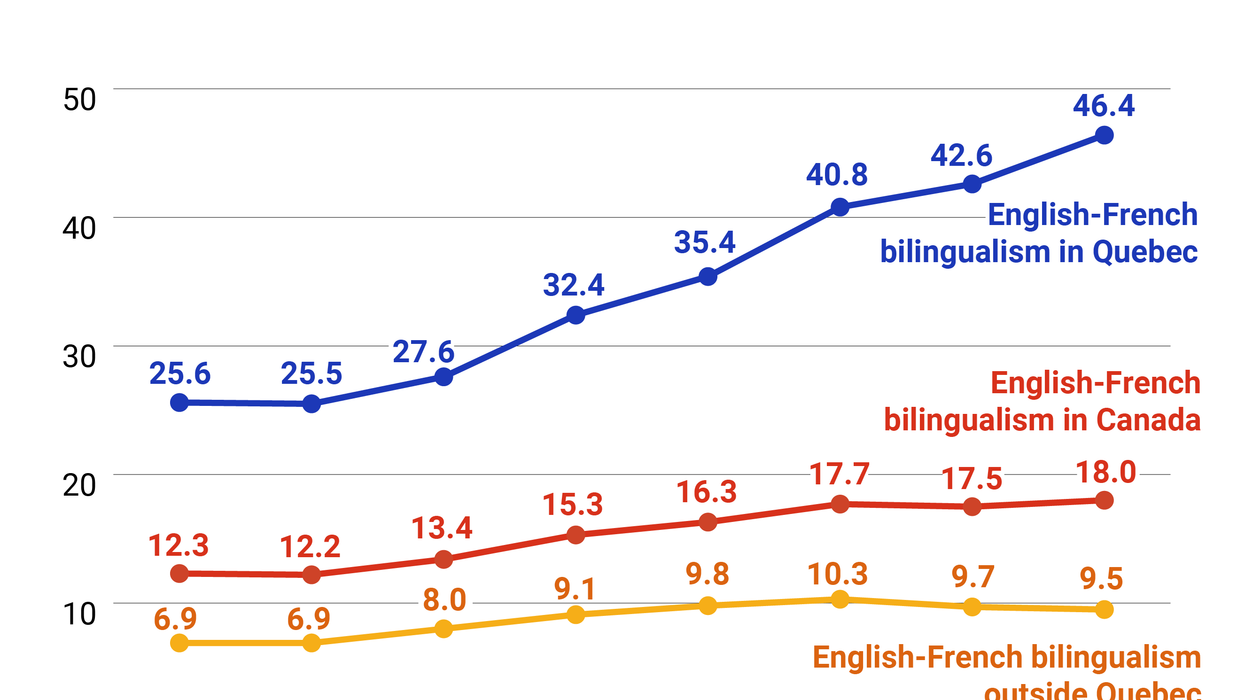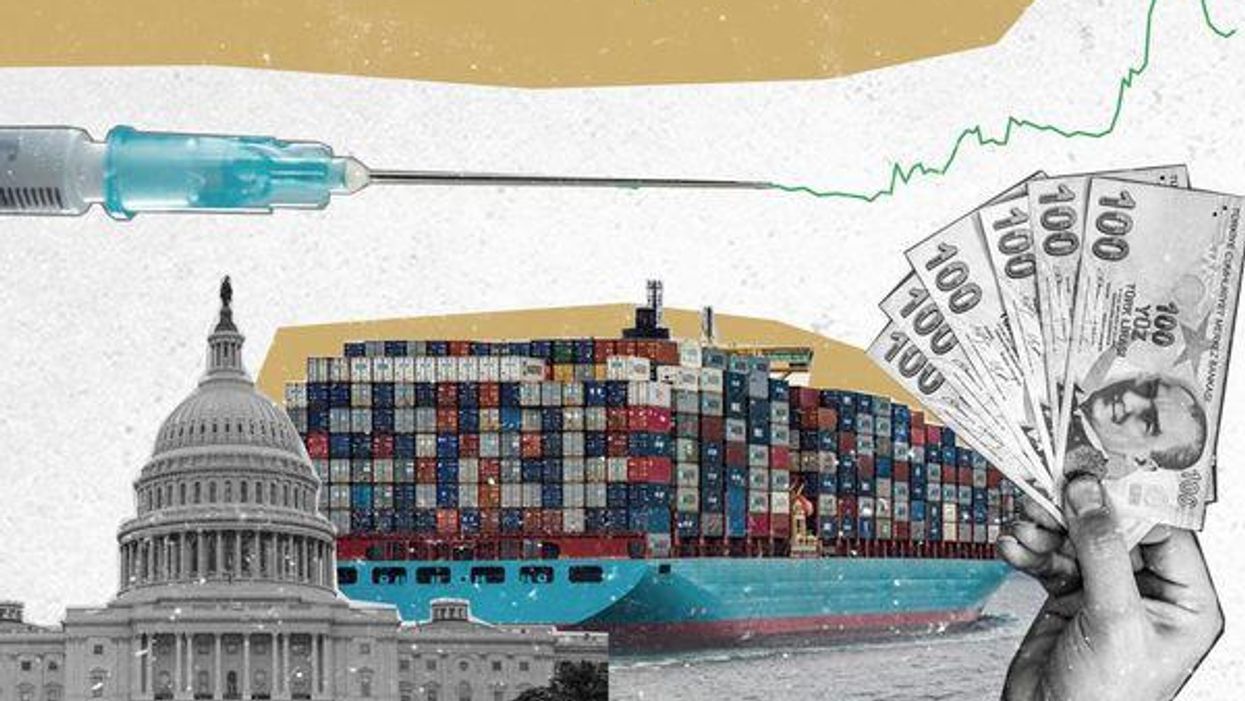GZERO North
Bad time for Quebec separatists
Donald Trump’s threats to forcibly make Canada the 51st state have delivered a setback to Quebec’s separatist parties, suddenly reducing support for making Quebec an independent country, and increasing national pride.
Feb 20, 2025
